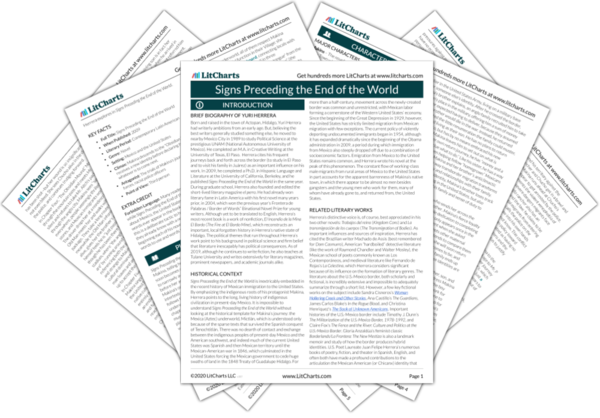Makina’s
brother now has “
money and a new name, but no clue what to do.” Like everyone else who crosses the border, he “forget[s] what [he] came for.” And he is not ready to leave, because he “already fought for these people.” He and Makina return to the barracks, where he gives her some cash for her journey back. He hugs her and asks her to send a kiss to
Cora, but his nonchalant way of doing so makes Makina feel like “he [is] ripping out her heart.” Makina’s brothers returns inside the barracks, and Makina pulls out the undelivered message Cora gave her to deliver to him. For the first time, she opens it. It says, “Come on back now, we don’t expect anything from you.”
